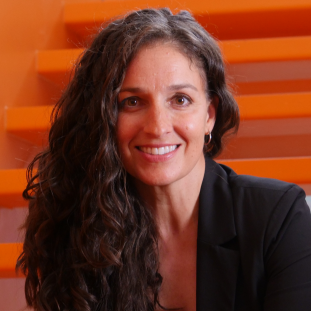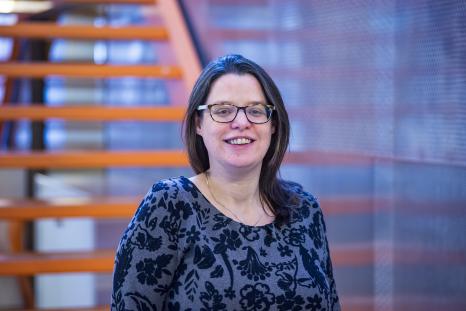About the specialisation
Migration is a growing phenomenon that has gained importance in the public debates on development, welfare and immigration policy. According to the International Organization for Migration, it is estimated that there are 281 million international migrants worldwide, constituting about 3.5 per cent of the world population (2020).
Remittance transfers (the money that migrants send back to their home countries) to developing countries currently amount to more than USD 540 billion (in 2020), surpassing foreign direct investment and official development aid in many countries around the world.
Migration is a controversial topic in the international and national policy arena. The effects of migration on migrants, their families and communities in the destination and origin countries need to be studied carefully. While mass media often focus on a few spectacularly problematic cases, this specialisation course examines the key issues in-depth and with scientific rigour.
This specialisation comprises four courses that introduce students to the essential components of migration studies, including trends, theories, causes and effects, data collection and analysis and migration policy and governance. Students will have the opportunity to explore migration studies by taking courses with a broad perspective on the prevailing theory and practice. Particular emphasis is put on practical fieldwork.
The Migration Studies specialisation trains students for the international labour market as policy advisors, practitioners, researchers, etc., working for governments, international organisations or academic institutions.
See Prof. Melissa Siegel’s YouTube channel to get a taste of some of the topics that will be discussed in this specialisation:
SDGs covered:

Related projects
At our institute, we regularly collaborate on projects related to migration. A few examples:
- Aligning Migration Management and the Migration-Development Nexus (MIGNEX)
- Advancing Alternative Migration Governance (ADMIGOV)
- Migration, Transformation and Sustainability (MISTY)
- Towards a Holistic Approach to Labour Migration Governance and Labour Mobility in North Africa (THAMM)
Testimonials from alumni
Soha Youssef
2018-2019 MPP cohort:
“I looked into different programmes in Europe but I chose UNU-MERIT specifically because it has a migration specialisation which would help me exactly in my career and personal development.
The modules of this program are progressive in the sense that they are formulated in a way that prepared for my career development. I learnt how to improve public speaking, drafting and researching under time pressure, accessing reliable sources, interviewing skills and much more in specific areas of studies in migration. We had guest lecturers from different organisations. They would explain the hiring process and the opportunities and it was good to have them because they helped set some expectations. I would certainly email each organisation and keep close contact with them and keep an eye on opportunities. If I would go back in time I wouldn’t miss a chance to have conversations with the great professors we had to teach us, such as professor Hein De Haas, Prof. Khalid Koser, Prof. Arjen Leerkes and many more. There were many optional lectures and I would certainly not miss the chance of attending all of them. We were even offered the opportunity to join law classes in the law faculty and seminars by the migration department in UNU. They were all very beneficial and contributed to my academic development.
If I would go back in time I would not hesitate to choose migration over and over again. All the assessment in this course were formulated in the best interests of students.”
Vittorio Bruni
2016-2017 MPP cohort:
“All in all, I simply can’t compare the Vittorio of one year ago with the Vittorio of today. I have learned a lot during this past year. During the specialisation course, I built and developed a solid basis of migration topics. I have developed solid analytical skills, the ability of conducting both quantitative and qualitative research, and learnt how to deal with migration-related data. Moreover, I have learnt how to write academically, how to present findings to different audiences, and how to work alone and in groups. I developed good skills in managing multiple projects and in meeting various deadlines, while delivering high quality work. I can read and summarise a lot of material in a very short amount of time, and above all I gained a lot of self-confidence. According to my grandmother, the change that I experienced was almost a miracle.”
Career Perspectives
Our graduates are currently employed in a wide range of professions in the public, non-profit and private sectors. Examples include:
- Researcher, OHCHR Office of the United Nations High Commissioner for Human Rights
- Senior Associate Visa & Migration, Vialto Partners
- Doctoral Researcher, Cluster of Excellence “Climate, Climatic Change, and Society” (CLICCS)
- Programme Manager, ILO Cambodia
- Policy Advisor, IOM – International Organization for Migration
- Protection Associate, UNHCR, the UN Refugee Agency Azerbaijan
- Resettlement Policy Officer, West Midlands Strategic Migration Partnership
- Senior Manager Development Policy, OeEB – Development Bank of Austria
Learn more about the specialisation
Click here to explore the course catalog on the Maastricht University website.



